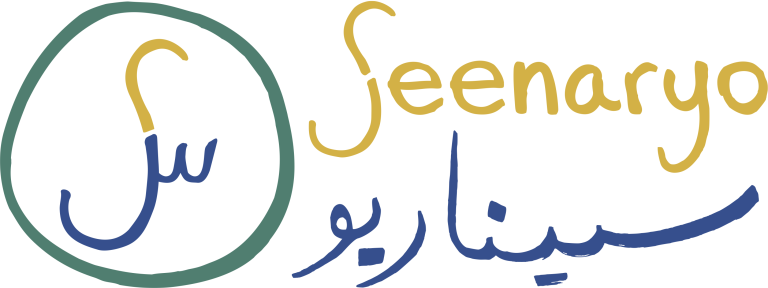This project aims to explore transforming early years education through arts and play-based learning for children in under-served communities in Lebanon and Jordan.
The project runs from October 2023 to September 2024 and is funded by a UCL Knowledge Exchange Fund, Kindernothilfe and TheirWorld.
- Team
Project leads
- Professor Lynn Ang (UCL IOE)
- Professor Elaine Chase (UCL IOE)
Members
- Adeeba Badran - Playkit Project Manager (Seenaryo)
- Naqiya Ebrahim - Executive Director (Seenaryo)
- Carole Fakhreddine - Playkit Project Manager (Seenaryo)
- Dima Nustas - Head of Education (Seenaryo)
- Razan El Helou - Researcher (Independent)
- Garene Kaloustian - Researcher (Independent)
- Background
Professors Lynn Ang and Elaine Chase are working in collaboration with Seenaryo – a non-governmental organisation (NGO) based in Lebanon and Jordan which has extensive experience and reach in the area of early years education using creative play approaches to support learning. The Seenaryo team has produced the Seenaryo Playkit, consisting of a mobile phone app and educational resources and training materials to support play-based learning for early years education (3-8 years) with displaced, refugee and marginalised communities. Developed in 2017, the Playkit has reached over 4,100 teachers and 89,000 children in 390 schools in Lebanon and Jordan. The IOE team is collaborating with Seenaryo to evaluate and maximise the impact of the Playkit to support children’s learning.
- Aims and objectives
Project overall aims
- To conduct an evaluation study to assess the acceptability, feasibility and impact of the Playkit teacher resource to support learning for children 3-8 years old
- To foster knowledge exchange and shared learnings with early years stakeholders to better understand priorities, perceptions and understandings of play-based learning
- To assess the adaptability and uptake of the Playkit across different early years settings and develop evaluation resources to support its scaling-up, through participatory workshops with educators and other stakeholders in preschools and other learning spaces in Lebanon and Jordan.
Project objectives
- Review and refine an existing set of Playkit evaluation tools and theory of change as informed by a literature and scoping review of best practice using a play-based approach.
- Co-design new methods of participatory evaluation with children which harness their perceptions and experiences of what they value in relation to learning approaches and outcomes to inform and refine the Playkit.
- Pre-test the revised/ extended evaluation toolkit with teachers and children in Lebanon and/or Jordan, including identifying the potential for parental involvement in the evaluation process.
- Compile the knowledge gained and shared learning with stakeholders (e.g. teachers, children, parents) from the pilot design and development.
- Develop a funding proposal for a larger scale evaluation/ proof of concept research and innovation project.
- Methodology
The knowledge exchange project will incorporate a range of methods including:
- A scoping review of literature and best practice to inform the evaluation tools and theory of change
- Knowledge exchange and networking workshops in Lebanon and Jordan with community-based organisations, international NGOs, participants from schools and non-formal education centres, sector-wide education groups, educational training institutions and ministries of education
- Participatory co-design, play-based workshops with children in Lebanon and Jordan focusing on their thoughts and ideas about learning through play and how best to hear from other children about their experiences of play-based learing
- Focus group discussions with teachers and educators to learn about their thoughts on the content of the Playkit, their experiences of using it, and any suggestions of how to refine assessment and evaluation tools
- Policy and practitioner engagement events to share learning from the research and the implications for policy, practice and further research.
 Close
Close


